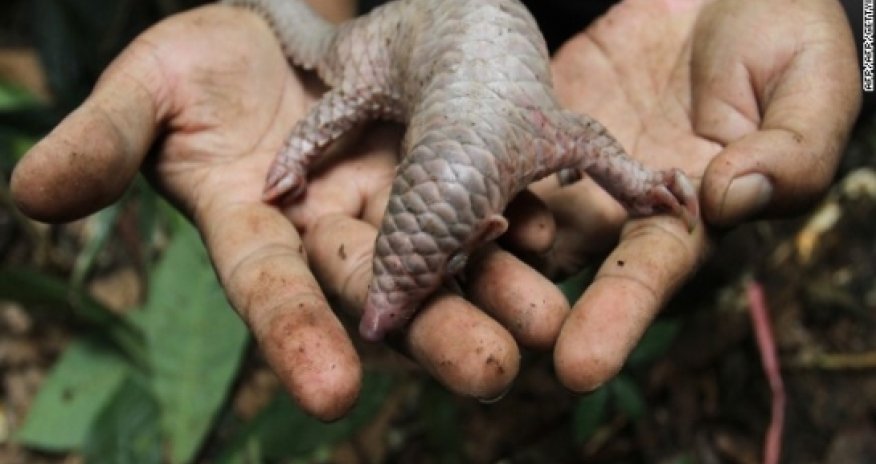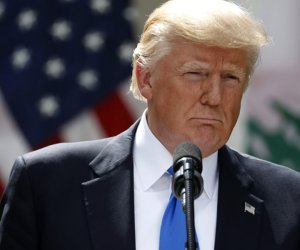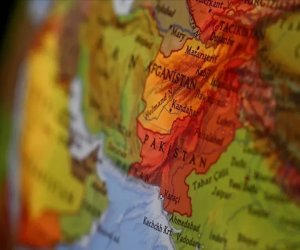China moves to protect endangered species

Last week, the Standing Committee of the National People's Congress (NPC) clarified the country's laws on the illegal wildlife trade. Anyone who eats endangered species, or buys them for other purposes, is punishable by up to 10 years in jail, state-run news agency Xinhua reported.Cheryl Lo, a spokesperson for the World Wide Fund for Nature who is based in Hong Kong, told CNN she is "very happy" that the announcement comes with a long list of protected species."The law has always been there, but the interpretation has cleared up the ambiguity. Now it is clear that consumers have to bear responsibility. But we still have to watch if they will actually enforce and execute on the legislation," she said.China has 420 animals on a list of officially protected endangered species. It includes the giant panda and golden monkey.Many species on the list are illegally traded for their meat, organs or body fluids, considered delicacies and prized for their supposed medicinal properties.Indigenous to China, the endangered pangolin can be found on restaurant menus selling for as much as RMB 2,000 ($324) a dish.The cuora trifasciata, more commonly known as "golden coin turtle," is traditionally used in making a medicinal jelly. Nowadays, both wild and farmed turtles are very expensive and less commonly used in mass-marketed medicinal turtle jellies.The high cost involved in feasting on endangered species means the meals are a status symbol.Now, those hungry for a taste of the wild will have to think twice before taking a bite.Rhino horn more valuable than goldIn a 2013 report, the International Fund for Animal Welfare found that the illegal wildlife trade ranks fourth in the world as the most lucrative criminal activity internationally, behind narcotics, counterfeiting and human trafficking.And prices for animal items continue to rise. Ivory costs up to $1,000 per pound, while rhino horn is more valuable than gold or platinum, according to the report."We have lobbied against the selling of shark fin in Hong Kong for a long time with no results," said Lo. "Last year, mainland China announced a ban on sharks fin at official banquets and Hong Kong also banned shark fin, bluefin tuna and black moss (at official functions)."Then China decided to destroy confiscated ivory and Hong Kong will follow next month. So I do see a trend of stepping up efforts to protect species in the region."Hong Kong will burn 28 tonnes of seized ivory on May 15, the largest stockpile to ever be destroyed.But Lo points out that consumers and retailers on the black market are only one part of the puzzle."We need to see a lot of effort from many different angles in order to protect endangered species and recover the dwindling populations."Population decline can be due to threats to their habitat through urban encroachment, conflicts with agricultural producers, climate change, as well as poaching," says the activist.(CNN)Bakudaily.az




































 Photo
Photo 



 Video
Video 

